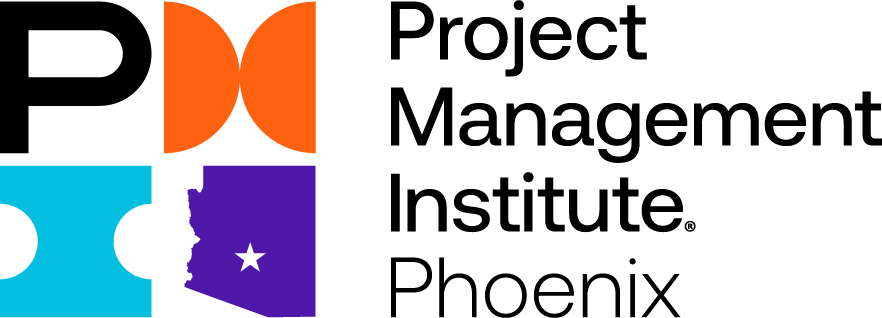Here is a quick recap of what ADKAR stands for:
·
·
·
·
·
Knowledge
Knowledge is about each person understanding how to change. This would be the education and training on the new tool, their processes, and them understanding any new expectations – whether it be a new role or new responsibility. Depending on your change initiative this could be as simple as providing a new URL link or as complex as an entirely new office location, reporting structure, and office procedures. But, even with the range of complexity, this ADKAR milestone is where I think, as Project Managers, we are the most familiar and comfortable with as we typically cover aspects of this during our UAT (User Acceptance Testing) and Training sessions.
I have seen some really cool examples when it comes to how to deliver knowledge. Gamification techniques can be used to tap into the reward center of our brains and provide positive reinforcement as a fun and interactive way to help people gain the new knowledge.
I’ve written a blog about using game theory for time-tracking that goes into detail about each game mechanic if you want to learn more about gamification.
There are a lot of additional resources available to help deliver knowledge including creating interactive quizzes, live train-the-trainer sessions, on-demand training videos, and even using a pilot group to help create early adopters or help discover power-users and champions.
Keep in mind, we do not want to take any previous knowledge for granted or make assumptions on their current knowledge level. Sometimes offering a “foundation” class to make sure everyone is on the same baseline of understanding can help before delivering new information.
Ability
Ability is the fourth ADKAR milestone. This is the person’s skills as they relate to the future state. They may have the awareness, they are on board about the change, they have been trained – but do they have the ability? Meaning, do they have the intellectual capability, the physical ability, an SME (Subject Matter Experts) or mentor support, and the time to learn what is needed for the successful change?
One example that helps describe this ADKAR milestone is if there was a change for a company to shift from an hour lunch to a half hour lunch. This may seem like a simple change, but what if the person takes public transport or drops their kids off at school — getting off a half hour earlier or coming in a half hour later is not an option for them.
I think we have all had some personal experience with this when it comes to COVID and having to work remotely. I may be on board to work remote because I understand why (we have a pandemic) I have the desire (I don’t want to get COVID or infect others), I have the knowledge (I have been trained on how to login remote) but do I have good internet and a place to set up my workstation at home?
Also, sometimes it may take people different amounts of time to learn something new. We all know the type of person (I’m one of them) that needs a little bit of time to process and try it on their own to help settle their new understanding of the process. They have gone through training, so they have the knowledge of how to do it, but they may need a few weeks of using the new tool in order to develop their competency and ability to actually use it.
Projects that have a quick go-live and do not account for this may can put a person’s Ability milestone at risk so it’s something to keep an eye on while building out your project plans and working with managers.

